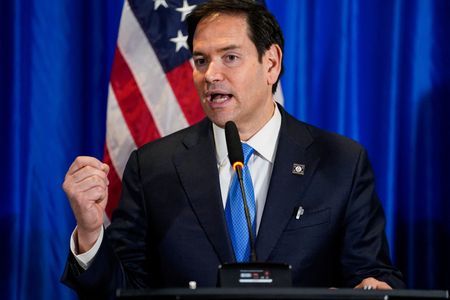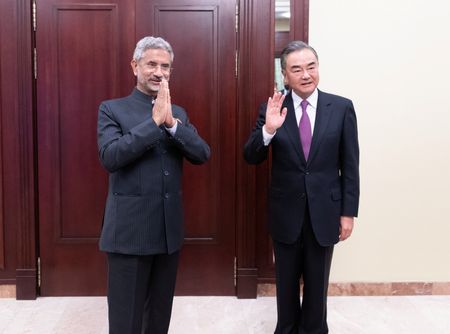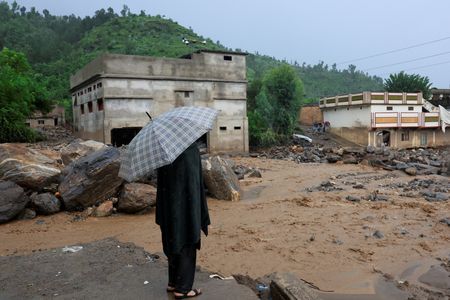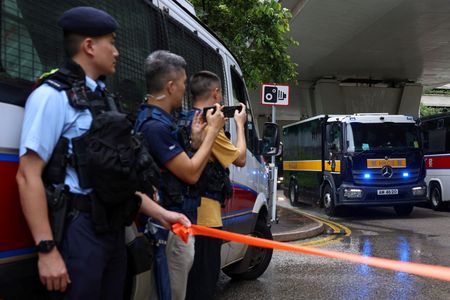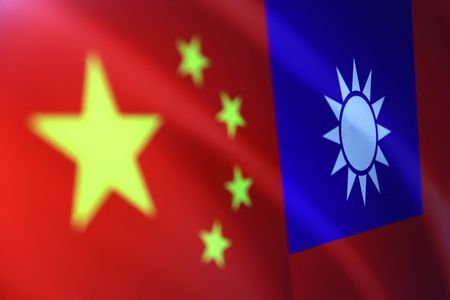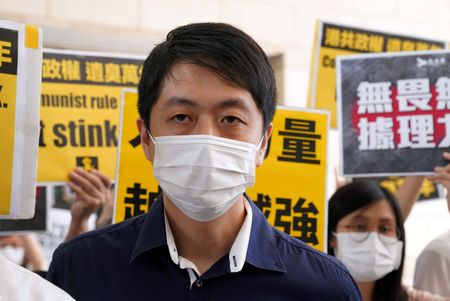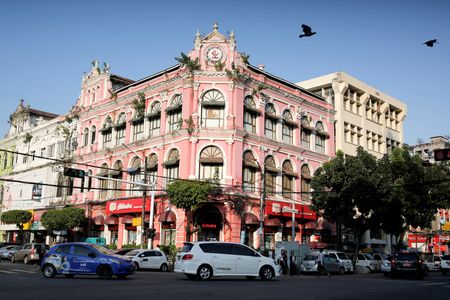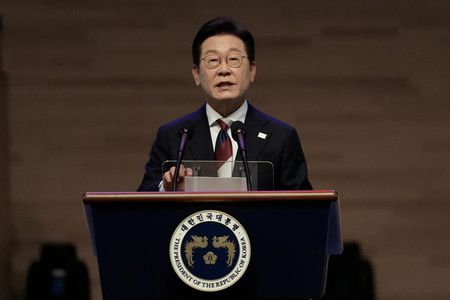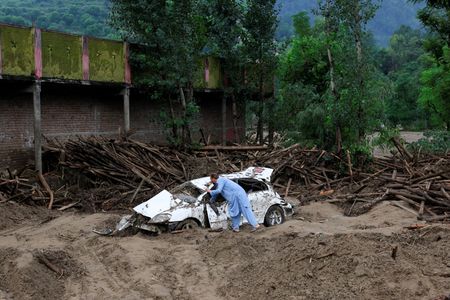By Kanishka Singh
WASHINGTON (Reuters) -U.S. Secretary of State Marco Rubio said on Monday the United States imposed additional visa restrictions on Chinese officials involved in policies on access for foreigners to Tibetan areas.
“For far too long, the Chinese Communist Party (CCP) has refused to afford U.S. diplomats, journalists, and other international observers access to the Tibet Autonomous Region (TAR) and other Tibetan areas of China, while China’s diplomats and journalists enjoy broad access in the United States,” Rubio said in a statement.
The statement did not name any Chinese officials and did not elaborate on the U.S. measures.
“U.S. diplomats are also unable to provide services to U.S. citizens traveling in Tibet. This lack of reciprocity is unacceptable and will not be tolerated,” Rubio said.
He urged China to allow diplomats, among others, “unrestricted access” to Tibetan areas.
China seized control of Tibet in 1950 in what it describes as a “peaceful liberation” from feudalistic serfdom.
International human rights groups and exiles, however, have routinely condemned what they call China’s oppressive rule in Tibetan areas.
Washington recognizes Tibet as a part of China.
The U.S. Department of State has said it “has repeatedly pressed Chinese authorities to respect religious freedom for all people and to allow Tibetans to preserve, practice, teach, and develop their religious traditions and language without interference from the government.”
U.S.-China relations have been tested for years over trade tariffs, market access, the ownership of TikTok, Taiwan, human rights, the origins of COVID-19 and other issues.
(Reporting by Kanishka Singh in Washington; Editing by Richard Chang)

